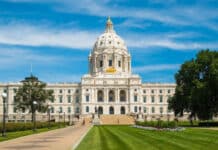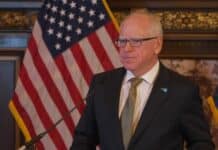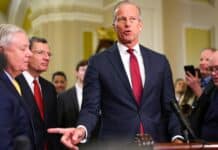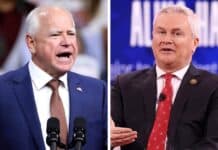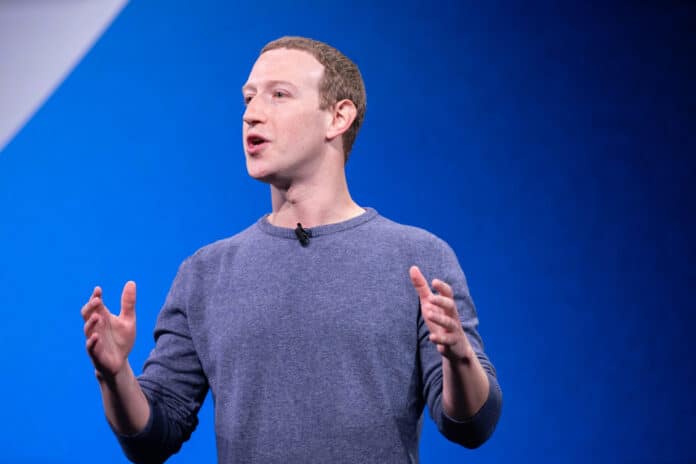
(Daily Caller News Foundation) — Mark Zuckerberg expressed regret Monday that Facebook caved to pressure by the Biden-Harris administration to censor content.
![]()
Zuckerberg admitted in a letter to House Judiciary Committee Chairman Jim Jordan that senior Biden administration officials “repeatedly pressured” Facebook teams to suppress COVID-19 content that the platform otherwise would not have restricted, and expressed frustration when Facebook disagreed. Zuckerberg told Jordan he now feels strongly that the platform should not compromise its standards “due to pressure from any Administration in either direction.”
“I believe the government pressure was wrong, and I regret that we were not more outspoken about it,” Zuckerberg wrote. “I also think we made some choices that, with the benefit of hindsight and new information, we wouldn’t make today.”
Zuckerberg wrote that Facebook is “ready to push back if something like this happens again.”
Mark Zuckerberg just admitted three things:
1. Biden-Harris Admin "pressured" Facebook to censor Americans.
2. Facebook censored Americans.
3. Facebook throttled the Hunter Biden laptop story.
Big win for free speech. pic.twitter.com/ALlbZd9l6K
— House Judiciary GOP 🇺🇸🇺🇸🇺🇸 (@JudiciaryGOP) August 26, 2024
Zuckerberg also conceded in the letter that the platform should not have censored the New York Post’s Hunter Biden laptop story, noting the FBI had warned the platform “about a potential Russian disinformation operation about the Biden family and Burisma in the lead up to the 2020 election.”
“That fall, when we saw a New York Post story reporting on corruption allegations involving then-Democratic presidential nominee Joe Biden’s family, we sent that story to fact-checkers for review and temporarily demoted it while waiting for a reply,” he wrote. “It’s since been made clear that the reporting was not Russian disinformation, and in retrospect, we shouldn’t have demoted the story.”
Zuckerberg wrote that the platform “no longer temporarily demotes things in the U.S. while waiting for fact-checkers.”
The Supreme Court ruled in June that states and individual plaintiffs who challenged the Biden administration’s efforts to censor speech did not have standing because they could not establish a clear link between the government’s pressure and the platform’s actions.
“The plaintiffs rely on allegations of past Government censorship as evidence that future censorship is likely,” Justice Amy Coney Barrett wrote in the Murthy v. Missouri majority opinion. “But they fail, by and large, to link their past social-media restrictions to the defendants’ communications with the platforms. Thus, the events of the past do little to help any of the plaintiffs establish standing to seek an injunction to prevent future harms.”
Documents obtained from the lawsuit revealed the extent of the government’s efforts, which included the Center for Disease Control (CDC) flagging posts for removal and the White House asking companies to censor specific individuals over vaccine-related speech, including Tucker Carlson and Robert F. Kennedy, Jr.
This article was originally published at the Daily Caller News Foundation.

